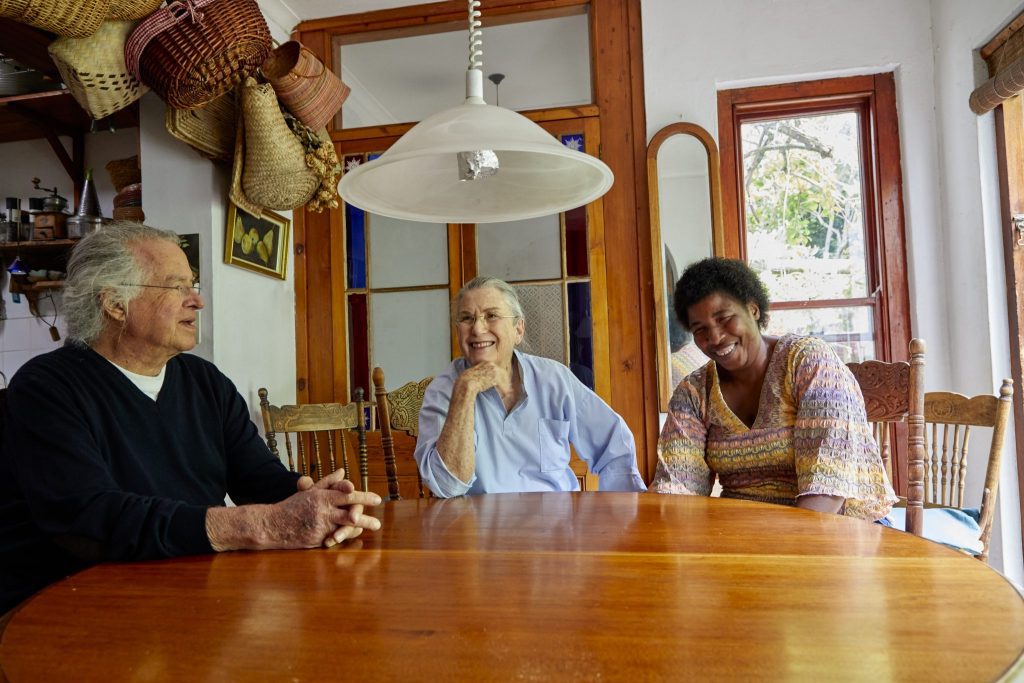Airbnb Accused in Lawsuit of Ripping Off Hosts and Guests With Covid Refund Policy

Skift Take
A lawsuit seeking class action status, filed Thursday in San Francisco on behalf of Airbnb hosts, alleges the company's refund policy in the United States during the first wave of the Covid-19 crisis ripped off both hosts and guests, and that the short-term rental giant secretly profited by retaining some of the monies in question for itself.
The lawsuit (embedded below), filed by the Gibbs Law Group and Traverse Legal, seeks class action status on behalf of the thousands of Airbnb hosts, treble and punitive damages, and injunctive relief. This includes an accounting of what Airbnb did with the money after announcing in March that it would unilaterally issue full refunds to guests caught in the Covid-19 travel collapse, and leaving hosts in financial distress.
The lawsuit filing takes place as Airbnb is poised to make public, perhaps next week, its initial public offering registration paperwork with the permission of the U.S. Securities and Exchange Commission.
Airbnb initially promised full refunds to guests who had booked rentals on or before March 14, 2020, but the lawsuit alleged that Airbnb required rigorous documentation as part of the process, refused some claims, only issued partial refunds to many guests, and diverted other compensation toward travel credits instead of cash refunds.
"Airbnb had not actually issued full refunds to Guests as it said it would," according to the lawsuit, which was filed in federal court. "Instead, Airbnb rejected many Guests’ refund requests, forced others to accept travel credits that expire next year, and issued only partial refunds to still more Guests."
The lawsuit alleged that Airbnb violated its contactual obligations to hosts, breached the various cancellations policies that are imbedded in Airbnb listings, and secretly profited by keeping the funds for itself.
While the lawsuit formally was filed on behalf of Airbnb host Anthony Farmer of Texas, one of the plaintiff's attorneys, Enrico Schaefer of Traverse Legal told Skift that while the current lawsuit includes U.S. residents, the goal is to expand the effort globally.
A couple of hundred hosts, he said, have expressed interest in joining the class action, and more will do so once they hear about it.
"Airbnb needs to return the money Airbnb took from hosts, and start living up to its contractual obligations,” Schaefer said.
An Airbnb spokesman said the lawsuit has no merit.
"When the WHO declared COVID-19 as a global pandemic, we made the difficult decision to activate our longstanding Extenuating Circumstances policy and provide full refunds to eligible guests because public health and safety comes first," said Airbnb spokesman Ben Breit. "While we know it had a significant impact on bookings and revenue for our host community, we still believe firmly that it was the right thing to do. The allegations in this complaint are completely frivolous and without merit."
Citing the proposed initial public offering, the lawsuit claimed the guest refund policy and a $250 million host fund that Airbnb established after apologizing to hosts for not treating them as partners were geared to enhance Airbnb's reputation. The fund would have given qualifying hosts up to 25 percent of the payment that they would have received from guests if their bookings hadn't been cancelled, but many hosts complained they received nothing or paltry amounts.
Although it wasn't mentioned in the lawsuit, Airbnb last week announced that it was establishing a host endowment fund seeded with 9.2 million shares, although hosts wouldn't see any of the support until the fund crosses a $1 billion threshold.
In typical scenarios, Airbnb collects guest payments when they make a booking, holds the money in escrow, and then transfers the money to hosts, minus Airbnb service fees, when guests check-in for their stays. When booking an apartment or home, guests agree to a variety of possible host cancellation policies, but the lawsuit alleged that Airbnb breached these guest-host agreements under an extenuating circumstances policy for bookings made up to March 14.
If hosts had already been paid for cancelled bookings, then Airbnb had a provision where it could collect the guest refund from hosts by subtracting it from future payments due to hosts.
The lawsuit alleged that the time Airbnb's extenuating circumstances policy did not include pandemics like Covid-19, but only covered endemic desists such as Zika, Ebola, and Chagas Disease.
The class action lawsuit will do little to deter Airbnb's proposed initial public offering. It will create adverse headlines, but large companies like Airbnb often treat class action lawsuits as annoyances and the price of doing business.
Schaefer argued that Airbnb profited when it allegedly deceived guests into believing they would get full refunds for cancelled Covid-related reservations, and held hosts' money in escrow for its own benefit.
"Airbnb used the host pay-outs it held as a fiduciary for hosts to bail itself out and improve its valuation for the expected IPO," Schaefer said. "We are representing hundreds of hosts, property managers, and owners in arbitration and now Traverse Legal, PLC, and its co-counsel, the Gibbs Law Group are seeking fairness, transparency, and accountability for all hosts in court. Without hosts, Airbnb wouldn’t exist. It is time for Airbnb and its lawyers to take their sharing economy obligations seriously, and for our court system to step in and provide justice to the hosts who make Airbnb possible.”
Here's the complaint:
[gview file="https://skift.com/wp-content/uploads/2020/11/airbnb-complated-11520.pdf"]





